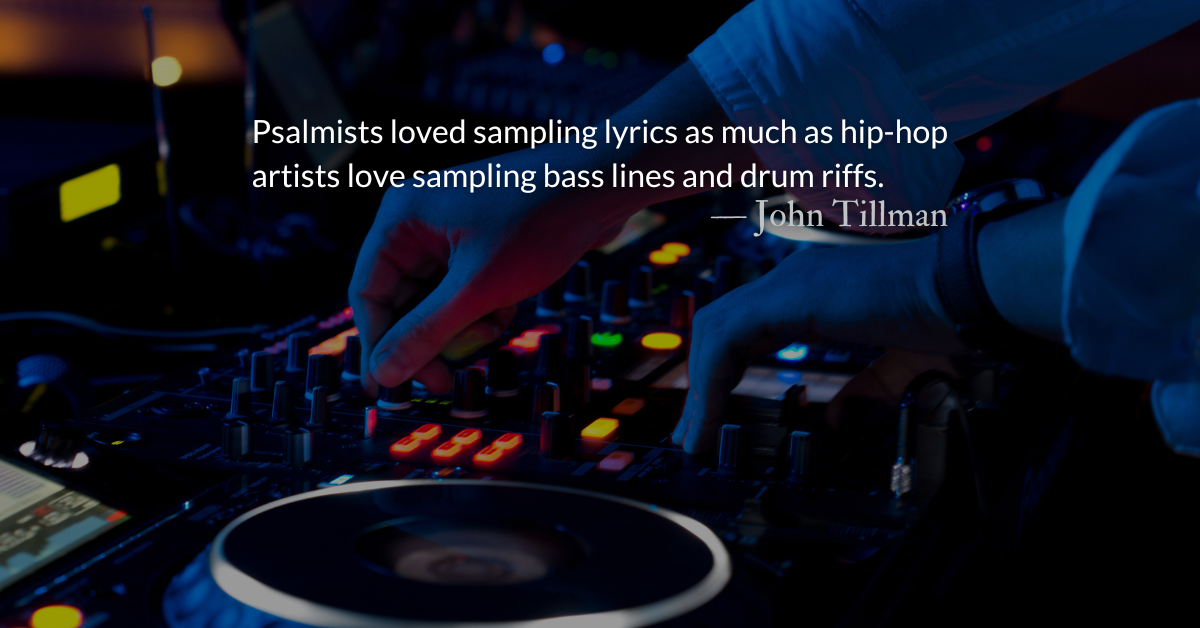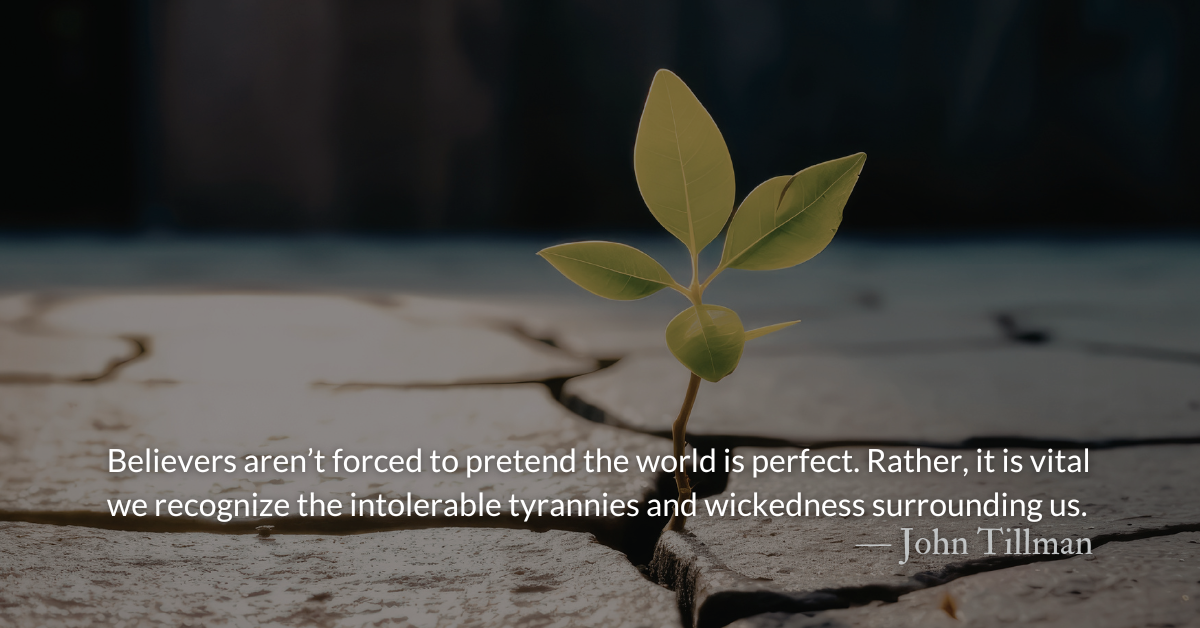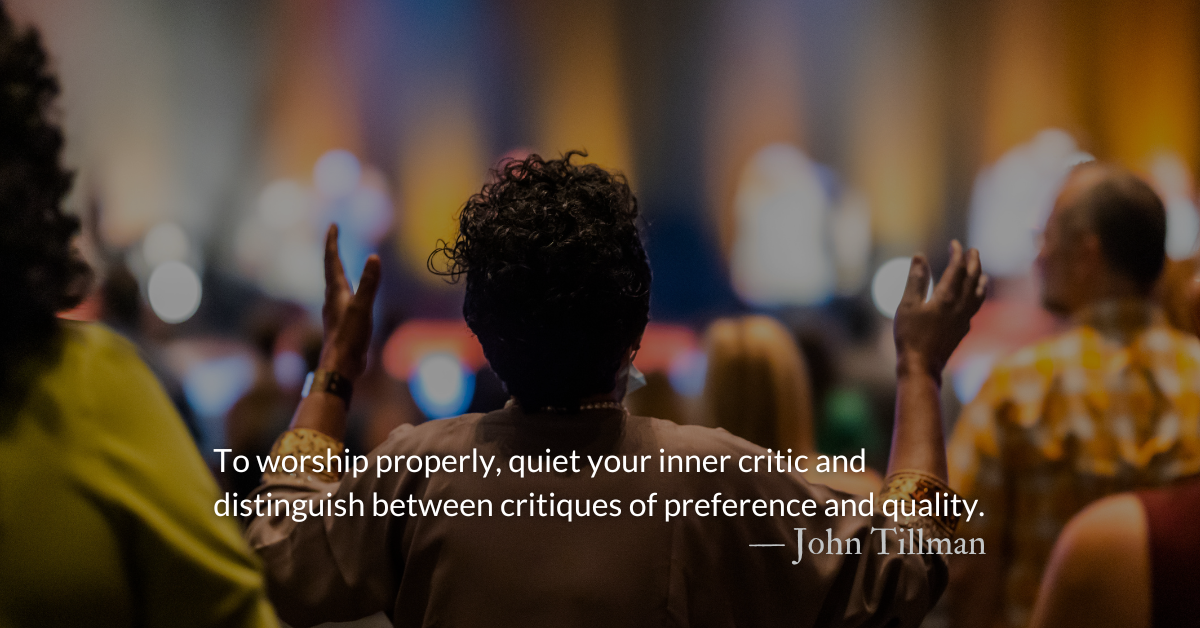Links for today’s readings:
Feb 19 Read: Proverbs 10 Listen: (3:34) Read: Psalms 40-41 Listen: (3:57)
Scripture Focus: Psalm 40.13-17
13 Be pleased to save me, Lord;
come quickly, Lord, to help me.
14 May all who want to take my life
be put to shame and confusion;
may all who desire my ruin
be turned back in disgrace.
15 May those who say to me, “Aha! Aha!”
be appalled at their own shame.
16 But may all who seek you
rejoice and be glad in you;
may those who long for your saving help always say,
“The Lord is great!”
17 But as for me, I am poor and needy;
may the Lord think of me.
You are my help and my deliverer;
you are my God, do not delay.
Psalm 70
1 Hasten, O God, to save me;
come quickly, Lord, to help me.
2 May those who want to take my life
be put to shame and confusion;
may all who desire my ruin
be turned back in disgrace.
3 May those who say to me, “Aha! Aha!”
turn back because of their shame.
4 But may all who seek you
rejoice and be glad in you;
may those who long for your saving help always say,
“The Lord is great!”
5 But as for me, I am poor and needy;
come quickly to me, O God.
You are my help and my deliverer;
Lord, do not delay.
Reflection: Hip-Hop Psalmists?
By John Tillman
The psalmists would have made good hip-hop artists—they love sampling.
Sampling is using part of a previous song in a new recording. “Rapper’s Delight,” the first top-40 hip-hop song, sampled the baseline and guitar riff from an earlier hit, “Good Times” by Chic. I noticed sampling more when I started recognizing the samples being used. That’s one sign of growing older. The “samples” used in new music are from old music you remember.
Samples (when done well and ethically) should enhance your enjoyment of music, not detract from it. It is something familiar mixed in a creative way with something new. Sometimes samples relate thematically to the new work, as is the case with “Good Times” and “Rapper’s Delight,” which are both about celebrating.
Many psalms list instrumentation notes or names of melodies and styles, but there’s no sheet music. We don’t know what they sounded like. However, it is obvious Psalmists loved sampling lyrics as much as hip-hop artists love sampling bass lines and drum riffs.
Psalm 40 says, “He put a new song in my mouth,” but samples an “old song” as part of the new one. The last five verses of Psalm 40 quote Psalm 70. Or is it the other way around? Psalm 40 could have been first and another psalmist sampled verses for Psalm 70. We don’t know. However, the compilers of the Psalms scroll viewed both poems as worthy of inclusion.
Psalmists aren’t the only biblical writers who “sample” other scriptures. Like increased musical familiarity enhances understanding and appreciation of music, greater familiarity with scripture enhances understanding of biblical author’s “samples.”
The part of Psalm 40 used as Psalm 70 is a lament. It is an urgent plea for help, beginning with, “Come quickly,” and ending with “do not delay!” In Psalm 40, this lament and plea follows the remembrance of God’s past salvation and praises for God’s character and goodness to those who follow him. Psalm 70 has none of that. It just dives into desperation.
We should remember the “Good Times” of God’s salvation. But when needs are urgent, we don’t need to delight God, rapping about his praiseworthy past. Lament can stand on its own. Drop the beat and lay down a verse, pleading with our loving God. God will be faithful, not because we placate him with praise, but because of who he is.
Divine Hours Prayer: The Refrain for the Morning Lessons
Behold, God is my helper; it is the Lord who sustains my life. — Psalm 54.4
– From The Divine Hours: Prayers for Springtime by Phyllis Tickle.
Read more: The Promise of Proverbs is Change
It is crucial to ask, “Are we becoming people of wickedness or righteousness?” What we become can change our world.
Read The Bible With Us
It’s never too late to join our Bible reading plan. Immerse in the Bible with us at a sustainable, two-year pace.






